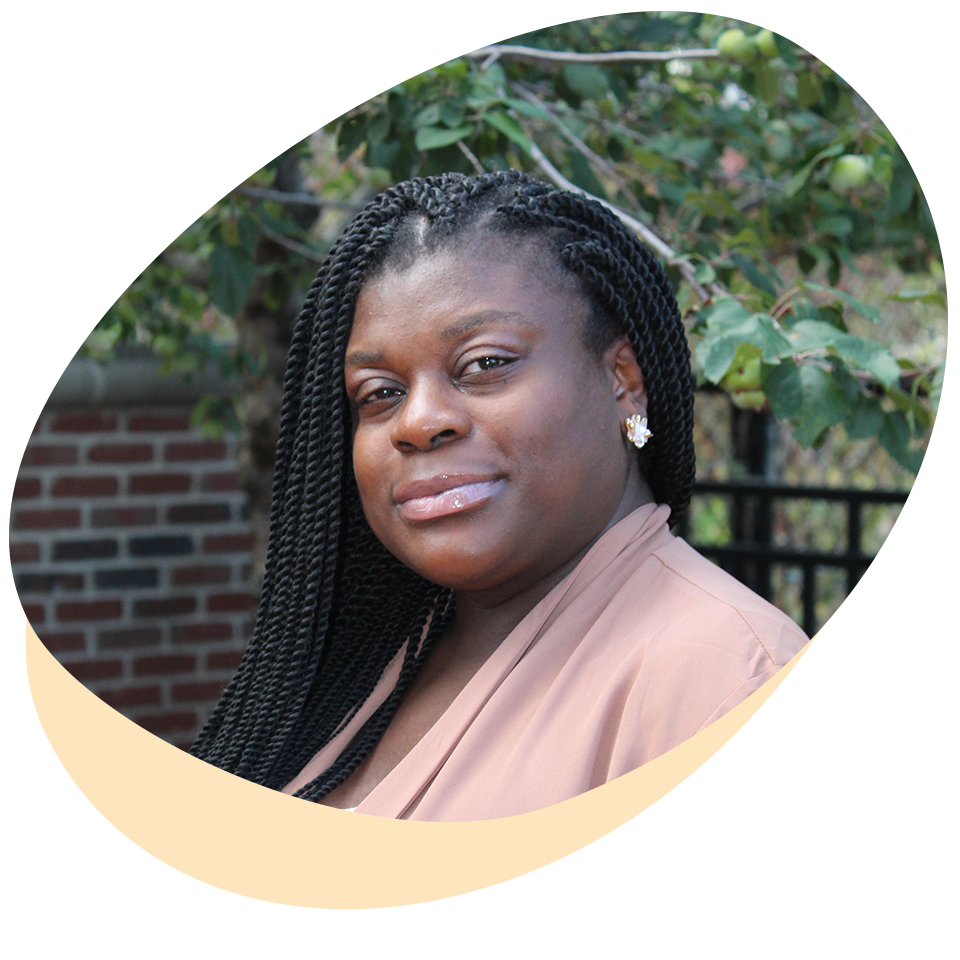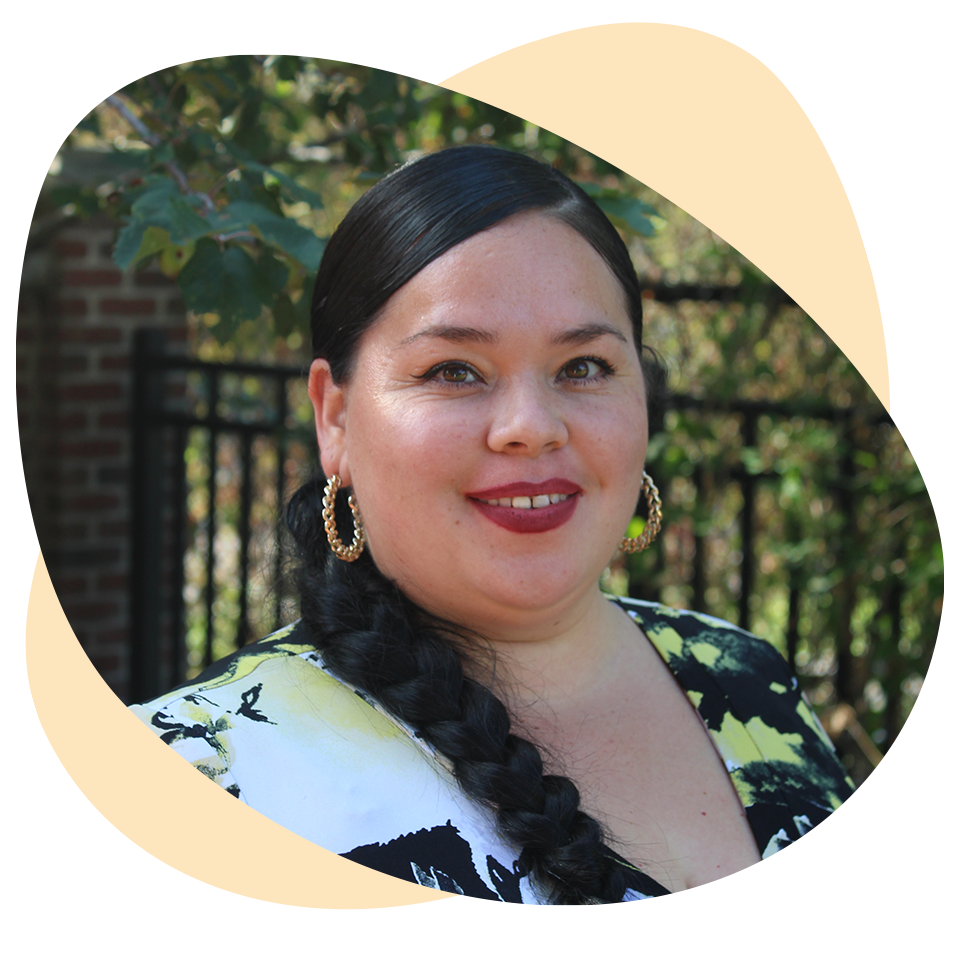Equity Institute
Invest in your diversity, equity, inclusion, and justice education
Offered in partnership with the Center for Professional Development at the University of Denver, the Equity Institute is a series of 6 diversity, equity, inclusion, and justice (DEIJ) upskilling workshops that are applicable across industries and experience. Course content will fall into four thematic categories: intrapersonal, interpersonal, epistemic, and institutional.
You Should Take This Course If…
You are a professional ready to develop your DEIJ knowledge and apply it to your work
You are a professional in the corporate, non-profit, government, or education field looking to engage in critical thinking around DEIJ
You are a human service worker who wants to learn strategies to making their organization’s operational practices more equitable
You are a manager committed to long-term change to best support your employees and the people they serve
Course Details
Upcoming Workshops
Summer 2025 - July 10, 2025 start
Registration Deadline: July 3, 2025
Thursdays: July 10, 17, 24, 31 and August 7, 14
3:00 PM – 5:00 PM (Live Online via Zoom) + 2 hours/week of asynchronous pre/post assignments
Six weeks – 24 total hours
$650 Course Fee
Course Format
Synchronous live classes via Zoom
2 hours of pre & post assignments
Access to Canvas for course work
Each workshop is facilitated by two coaches
Engage deeply with DEIJ content in a supported learning community.
Meet the Equity Institute Facilitators
-

Ebony Wilkinson
-

Sudha Shrestha
-

Patricia Gonzalez
-

Linda Newell
Workshop Topics
-
The Critical Reflexivity workshops begin with an examination of the identities that influence your relationship to the people and world around you. In these workshops participants inventory the various social and personal identities they hold and critically examine the affordance of power, positionality, privilege, and access associated with these identities. Building on these processes, participants will then develop strategies to remain open to voices and perspectives of those who hold different social and personal identities.
-
The DEIJ Literacy workshop focuses on how we make meaning of the world through the information we consume. We consume information through our people networks, our virtual networks, sources of news, sources of specialized and non-specialized knowledge, and entertainment. The identities of the people who influence our information intake is critical. By consuming information from people whose identities are different from our own, and especially from those who hold non-dominant identities, we open ourselves to different ideas, perspectives, and lived experiences.
-
In its simplest form, empathy is the ability to perceive the world in a way that someone else might. When we add the complexities of people with differing social identities, power, and positionality, empathy becomes a more difficult practice and one that has to be practiced with care and responsibility. In this workshop, we apply a critical lens to the practice of empathy by considering how and when empathy becomes a tool for just and equitable transformation and when empathy simply becomes a practice in self-gratification without meaningful systemic or interpersonal change.
-
We are often the heroes in our own stories - and with us, our worldviews, values, and norms take center stage in our interactions. The workshops on centering and de-centering critically examine how taken-for-granted ways of viewing the world influence the way we make sense of other people’s experiences. We then practice interpersonal and intrapersonal strategies that allow us to strategically create space for values, and worldviews that might exist in the margins that we might not subscribe to.
-
The generative conflict workshop rethinks traditional win-loss conflict dynamics by proposing an alternate pathway through conflict borrowing from non-western frameworks of conflict. The workshop begins by assessing existing conflict patterns within the organization or with key stakeholders through a series of mapping exercises. Based on these observations participants will reimagine ways of engaging in conflict that integrate possible effects of identities and social power. Participants will then generate methods and practices to transform relationships and meaning-making processes.
-
The Anti-oppressive Ethos workshops begin with bringing to life some important concepts: anti-oppression, anti-racism, justice, and equity. Participants will survey parts of their own organization to assess their products, programs, processes and practices in advancing justice and equity in relation to design justice principles. Based on the observations of the participants the cohort will devise sustainable goals and methods that will allow the organization to generate more just and equitable outputs.
What Our Participants Are Saying
“The material was great. The fellow course takers brought so much to the table. The conversations in my small groups were transformative and life changing. ”
“It gave a more tangible actionable piece to DEIJ that can be hard to get to. I liked that it was a more advanced space for folx and expanded beyond just reflection and discovery, but into reflexivity and commitment.”


